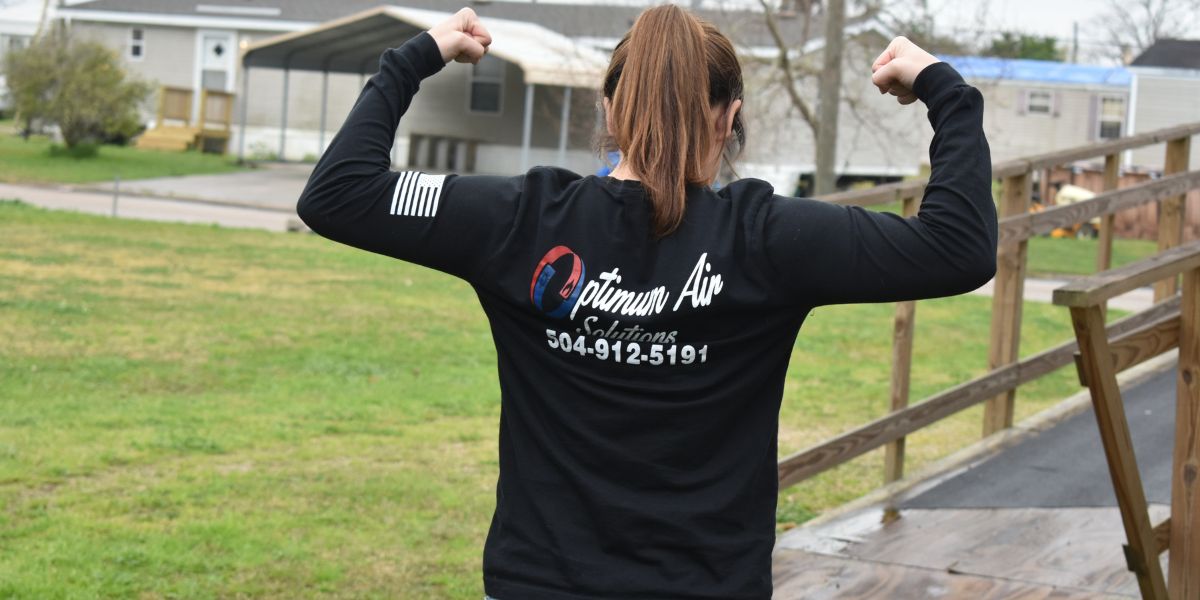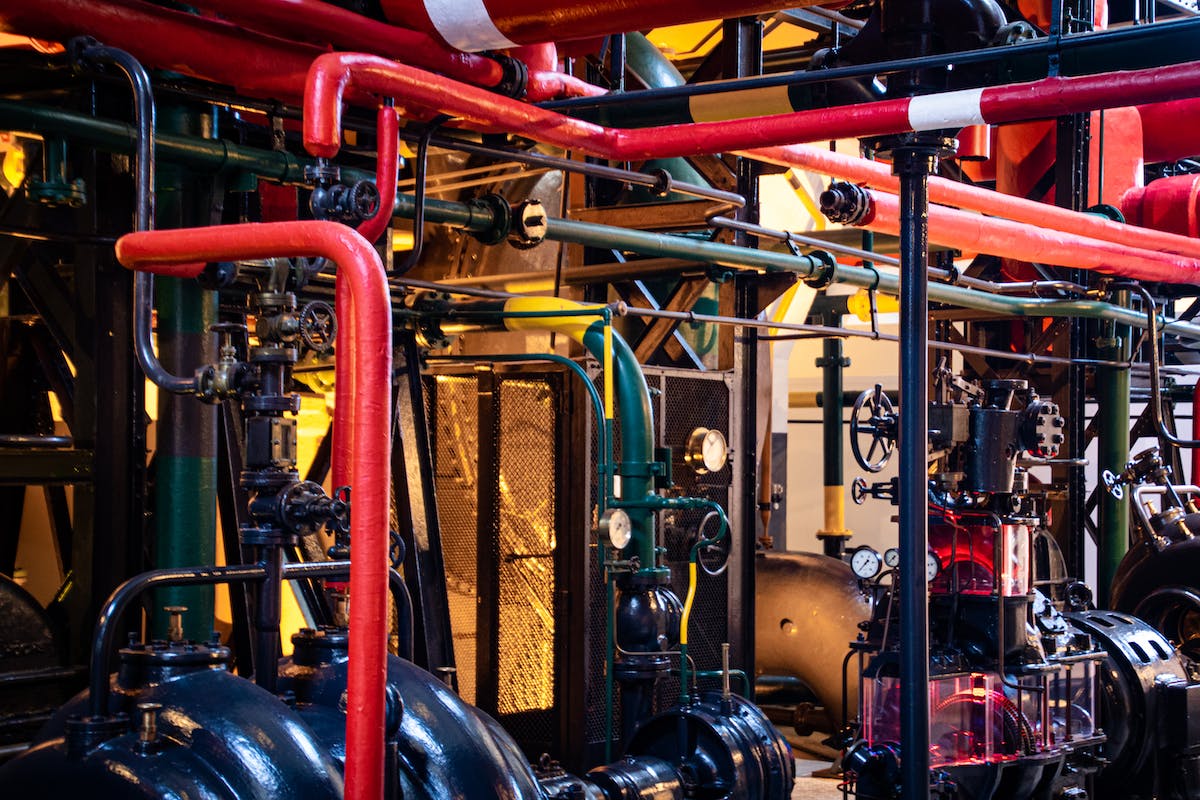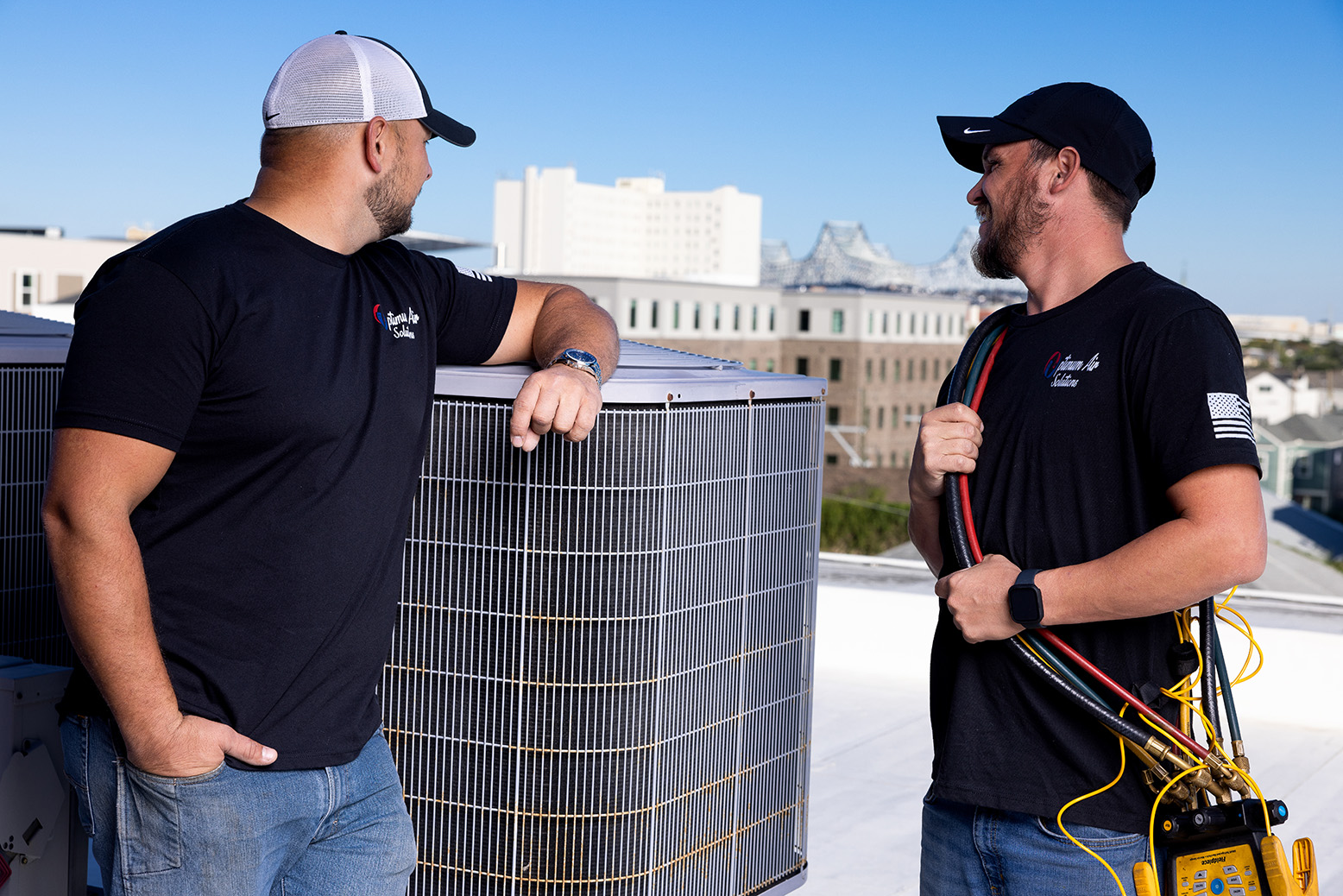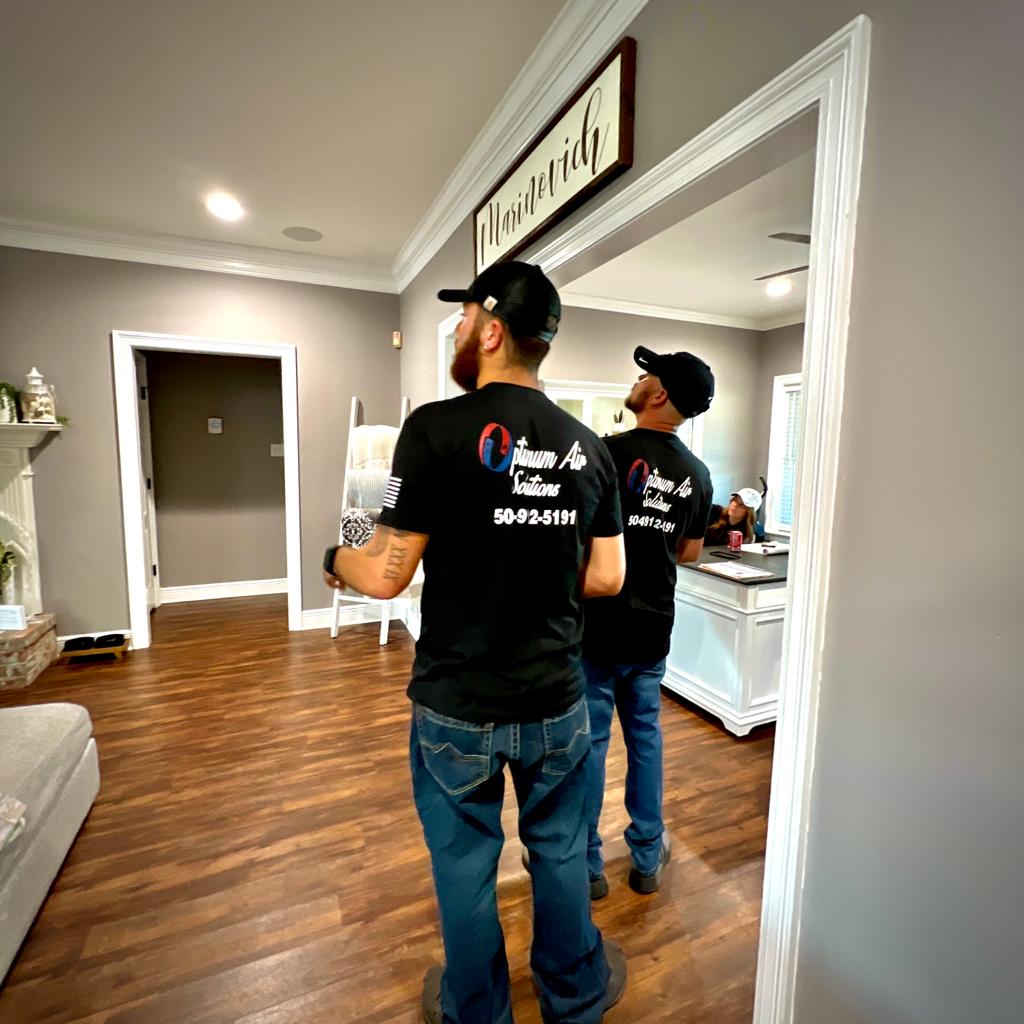
Choosing the right HVAC system for your home is a critical decision that impacts your comfort, energy efficiency, and overall utility costs. With the range of options available today, understanding the best system for your needs can be overwhelming. This guide will help you navigate the various types of HVAC systems, consider energy efficiency, and understand the importance of professional installation and maintenance. Optimum Air Solutions, a leading HVAC company in New Orleans, is here to help you make an informed choice.
Understanding Your HVAC Needs for Choosing the Right HVAC System
Before diving into the different types of HVAC systems, evaluating your specific heating and cooling needs is vital. Several factors influence the ideal HVAC system for your home, including:
- Home Size and Layout: Larger homes typically require more powerful systems or multiple units to ensure even temperature distribution. Your home’s layout also plays a role in determining whether you need a centralized system or if a zoned approach would be more efficient.
- Climate: New Orleans’s climate can be hot and humid, necessitating a robust cooling system. However, it’s also essential to consider the occasional need for heating during cooler months.
- Personal Preferences: Some homeowners prioritize energy efficiency, while others may focus on initial cost or ease of maintenance. Identifying your priorities will help narrow down your options.
Optimum Air Solutions offers professional assessments to help determine the best HVAC system for your home, ensuring optimal performance and comfort.
Types of HVAC Systems
Understanding the different types of HVAC systems available is crucial in making an informed decision. Here are the main types you might consider:
Central Air Conditioning
Central air conditioning systems are among the most common in residential homes. They use a network of ducts to distribute cooled air throughout the house. Key benefits include:
- Even Cooling: Central systems provide consistent temperature control throughout the home.
- Quiet Operation: These systems typically have outdoor units, reducing indoor noise.
However, they can be less efficient in homes where cooling needs vary significantly from room to room.
Heat Pumps
Heat pumps are versatile systems that provide both heating and cooling. They work by transferring heat from the outside atmosphere into your home in winter and reversing the process in summer. Benefits include:
- Energy Efficiency: Heat pumps are highly efficient, especially in moderate climates.
- Dual Functionality: They eliminate the need for separate heating and cooling systems.
Remember to note that a supplementary heating source may be necessary in regions with extreme winters.
Ductless Mini-Splits
Ductless mini-split systems consist of an outdoor compressor and one or more indoor air-handling units. Each indoor unit can be controlled independently, making them ideal for zoning. Benefits include:
- Flexibility: Great for homes without existing ductwork or for adding climate control to specific areas.
- Energy Savings: Allows targeted heating and cooling, reducing energy consumption.
These systems can be more expensive to install initially but offer significant long-term savings.
Furnaces
Furnaces are traditional heating systems that use gas, oil, or electricity to generate heat, which is then distributed throughout the home via ducts. Benefits include:
- Effective Heating: Furnaces provide robust heating, even in the coldest conditions.
- Compatibility: Can be easily paired with central air conditioning systems.
Furnaces can be less efficient than heat pumps in milder climates like New Orleans.
Energy Efficiency Considerations
Energy efficiency is a crucial factor when choosing an HVAC system. Efficient systems not only reduce your carbon footprint but also lower your utility bills. Here are some terms and metrics to be aware of:
- SEER (Seasonal Energy Efficiency Ratio): Measures the cooling efficiency of air conditioners and heat pumps. Higher SEER ratings indicate greater efficiency.
- HSPF (Heating Seasonal Performance Factor): Measures the heating efficiency of heat pumps. Higher HSPF ratings are better.
- AFUE (Annual Fuel Utilization Efficiency): Measures the efficiency of furnaces. It represents the percentage of fuel converted into usable heat.
Choosing an energy-efficient HVAC system can save you up to 30% on your energy bills compared to older, less efficient models. Look for ENERGY STAR® certified systems for guaranteed efficiency.
The Role of Smart Thermostats
Smart thermostats are an excellent addition to any HVAC system. They offer advanced features that enhance comfort and energy efficiency, including:
- Remote Control: Use a smartphone app to adjust your home’s temperature from anywhere.
- Learning Capabilities: Some smart thermostats learn your schedule and preferences, adjusting settings automatically to maximize efficiency.
- Energy Reports: Monitor your energy usage and receive tips for reducing consumption.
Integrating a smart thermostat with your HVAC system allows the user precise control and significant energy savings.
Importance of Professional Installation
While selecting the right HVAC system is essential, proper installation is crucial for optimal performance and longevity. Here’s why you should trust a professional HVAC company in New Orleans for your installation:
- Expertise: Professional technicians have the training and experience to install HVAC systems correctly, ensuring all components are properly configured.
- Efficiency: Proper installation maximizes system efficiency, reducing energy consumption and utility costs.
- Warranty Protection: Many manufacturers require professional installation to maintain the warranty. DIY installation can void these guarantees.
Optimum Air Solutions provides expert installation services to ensure your new system performs flawlessly.
Maintenance and Upkeep
Regular maintenance is essential for keeping your HVAC system running efficiently. Here are some key maintenance tasks to consider:
- Filter Replacement: Change or clean filters every 1-3 months to maintain airflow and efficiency.
- Professional Inspections: Schedule annual inspections to identify and address potential issues before they become significant problems.
- Cleaning: Keep the outdoor unit’s debris-free and clean the coils to improve efficiency.
Routine Ac maintenance extends the lifespan of your HVAC system and ensures it operates at peak performance.
Cost Considerations
Investing in a new HVAC system involves upfront costs, but the long-term savings and benefits often outweigh the initial expense. Here’s what to consider:
- Initial Cost: While energy-efficient systems may have higher upfront costs, they can save money over time through reduced energy bills.
- Financing Options: Many HVAC companies, including Optimum Air Solutions, offer financing options to make the investment more manageable.
- Incentives and Rebates: Look for government or manufacturer incentives to reduce the overall cost.
Evaluating the total cost of ownership helps in making a financially sound decision.
Choosing the right HVAC system for your home involves careful consideration of your specific needs, energy efficiency, and the importance of professional installation and maintenance. Optimum Air Solutions, a trusted HVAC company in New Orleans, is here to guide you through the process and ensure you select the best system for your home.
Ready to upgrade your home’s comfort and efficiency with a new HVAC system? Contact the Optimum Air team of experts today to schedule a consultation. We’ll help you choose and install the perfect system for your needs.
continue reading
Related Posts
As a property owner, it is likely that, at some
As a residential property owner, the first thing you should
In a climate as temperamental as the one in New



